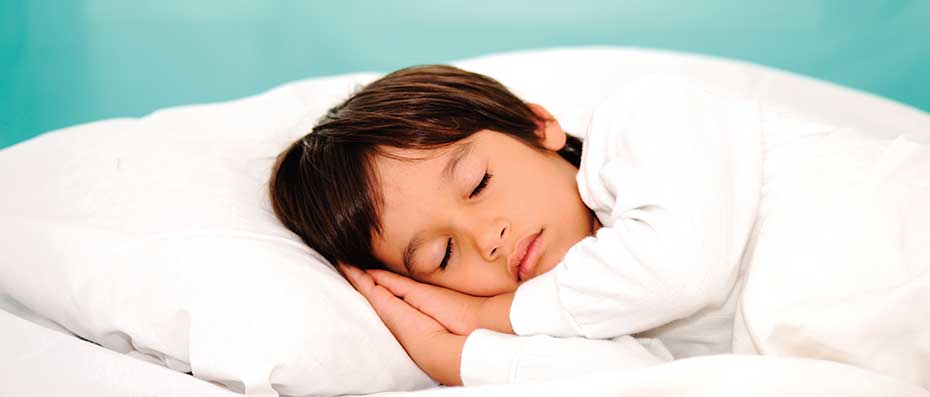Help Children Overcome Bedwetting
Physicians rule out first medical causes, such as constipation or infection and they look more closely at the causes occurring next to psychological stress or trauma. If no medical or psychological causes for bedwetting can be found, the family can move on to ways to help the child stop bedwetting. Treatments include:
- Bed/Personal Enuresis alarms ‐ These alarms work by waking the child when they start to wet during the night so they can empty their bladder in the toilet, ultimately sensitizing the child to respond quickly and appropriately to a full bladder during sleep. Urinary bed alarms are generally regarded as the most effective bedwetting treatment for the long term.
- Rewards for Dry Nights. This can involve giving the child a small toy after a dry night or rewarding him with a trip to the park or someplace else he wants to go. Don’t punish him and try to understand this is not his fault.
- Lifting. This strategy involves making sure your child goes to the bathroom right before his bedtime, and then waking him up after he has been asleep two or three hours and taking him to the toilet.
- Fluid Restriction. Limiting fluids at night is widely suggested but can be difficult to do.
- Waterproof Sheets Plastic sheets and disposable underwear can save sanity and mattresses. You can also layer a plastic sheet, regular sheet and a blanket; then repeat the process as a double bubble.
- Medications:
- Bladder Retraining and bladder relaxant medication ‐ Treatment to improve bladder overactivity requires bladder retraining in combination with a bladder relaxant medication. Bladder Retraining can involve increased fluid intake and toilet trips. This Helps relax the muscle around the bladder so it doesn’t contract and empty before it’s full.
- Antidiuretic Medication ‐ this is a medication which, when taken at bedtime, results in decreased urine production during the night and reduces the risk of bedwetting.

Articles
2356
Home Visit Service
Your Baby checkup
Is my child developing normally?
what are the vaccinations that he should have taken until now?
Generate a report for my baby.
what are the vaccinations that he should have taken until now?
Generate a report for my baby.
Birthdate *
Track Your Baby Vaccinations
Receive reminders by email for the Vaccination timing
Find Your Baby name
Visit our Clinics
Mohandessin
Address
View Map
21 Batal Ahmed Abdel Aziz St, 3rd floor
Telephones
01002195777
01000012400
0233048350
Beverly Hills
Address
View Map
Beverly Hills, Building 29 services, behind Super Market Al Mokhtar, floor 1.
Telephones
01000012900
0238576831
El Tagamo3
Address
View Map
Elegantry Mall, Unit 221
Telephones
01000012800
01000884592
Al Sheikh Zayed
Address
View Map
Al Sheikh Zayed - Entrance 2,Downtown Mall - In-front of Spectra ,First Floor - Clinic 113
Telephones
02- 38514031
01000608597
Please enter your e-mail


